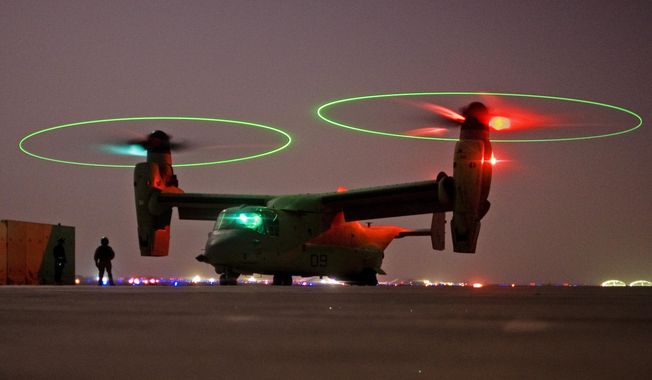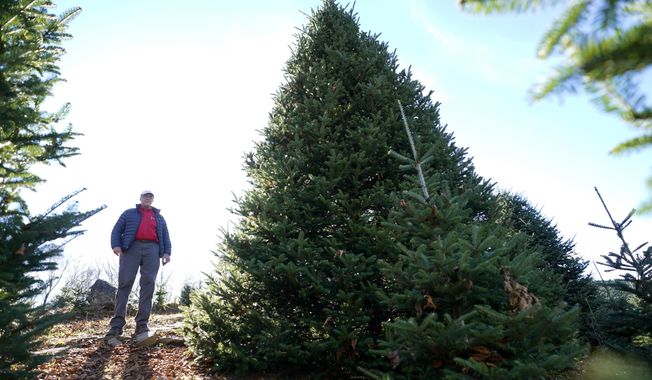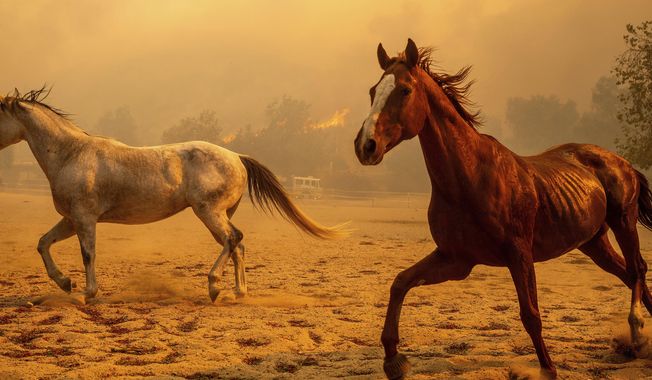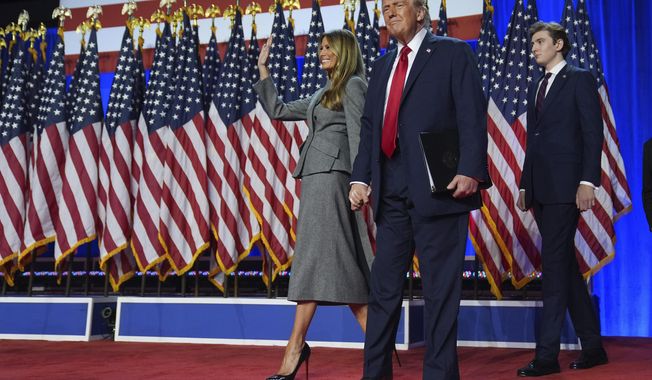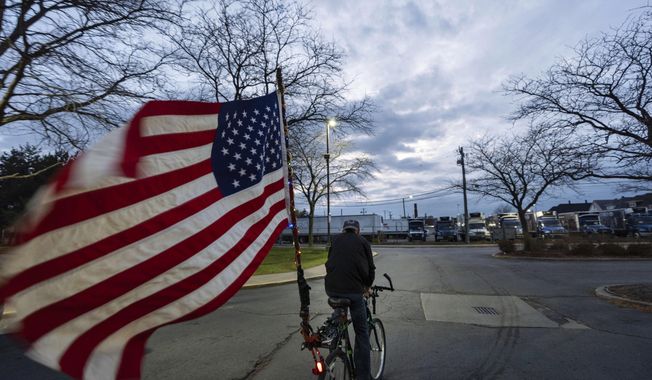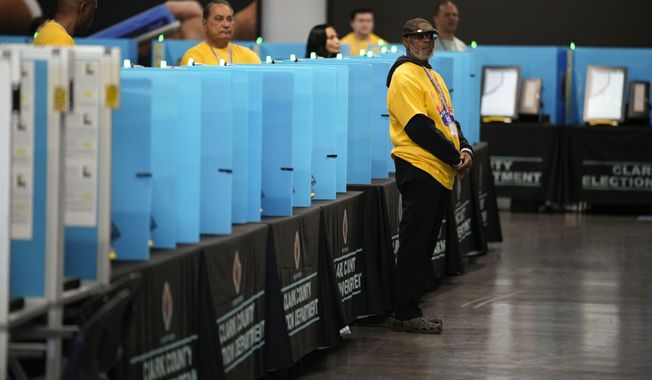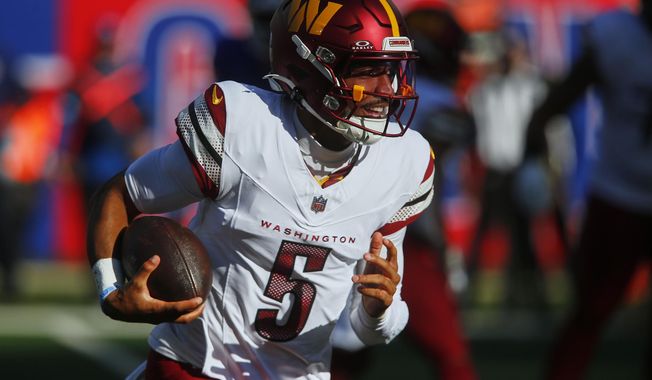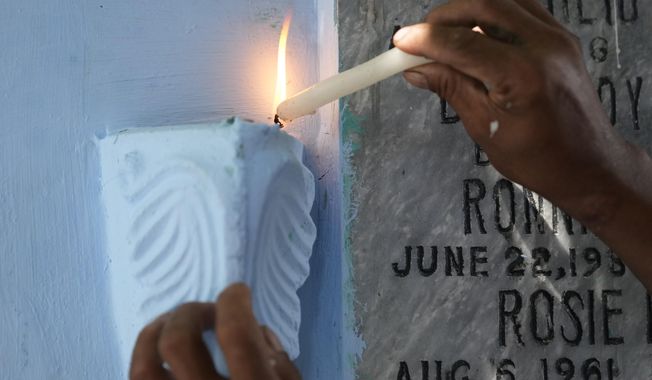
FILE - In this Tuesday, July 22, 2014, file photo, a sign is posted at a checkpoint belonging to the Islamic State group, captured from the Iraqi Army, at the main entrance of Rawah, 175 miles (281 kilometers) northwest of Baghdad, Iraq. Arabic reads, "Islamic State, the Emirate of Anbar, City of Rawah." The U.S. and its allies are trying to hammer out a coalition to push back the Islamic State group in Iraq. But any serious attempt to destroy the militants or even seriously degrade their capabilities means targeting their infrastructure in Syria. That, however, is far more complicated. If it launches airstrikes against the group in Syria, the U.S. runs the risk of unintentionally strengthening the hand of President Bashar Assad, whose removal the West has actively sought the past three years. Uprooting the Islamic State, which has seized swaths of territory in both Syria and Iraq, would potentially open the way for the Syrian army to fill the vacuum. (AP Photo, File)
Featured Photo Galleries
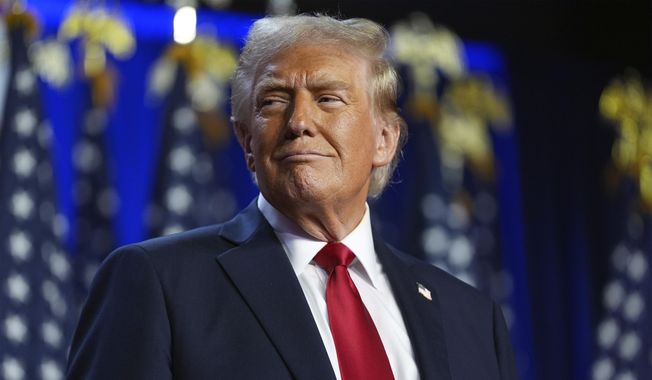
Trump Transition: Here are the people Trump has picked for key positions so far
President-elect Donald Trump has announced a flurry of picks for his incoming administration. Get full coverage of the Trump transition from The Washingon Times.
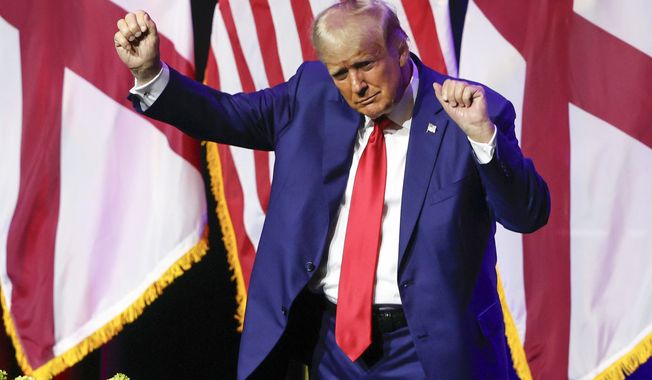
Trump dances onstage, takes post-election nation by storm
President-elect Trump dances onstage
